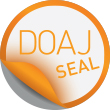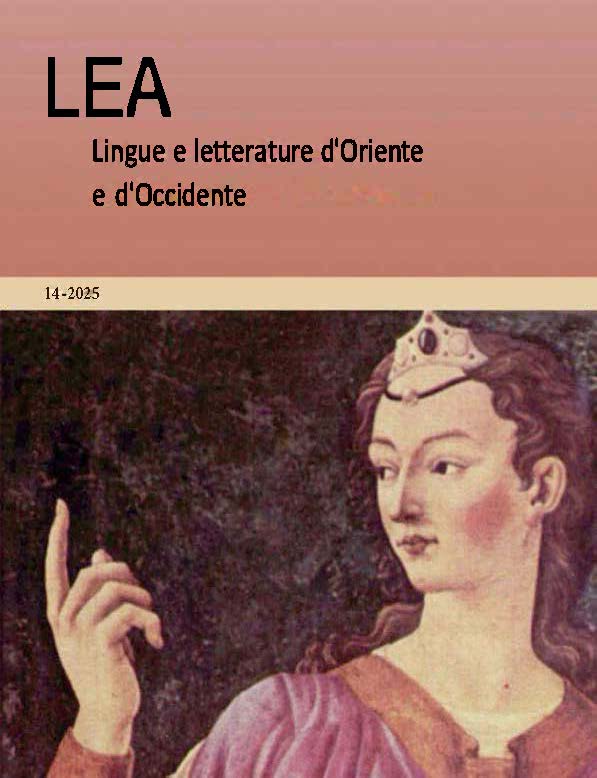About
We are pleased to announce that LEA Vol. 14, scheduled for December 2025, will feature a special thematic section devoted to La casa contesa. Rappresentazioni dello spazio domestico nella letteratura del Novecento. Our guest editors are Francesca D’Alessio, Tommaso Dal Monte, Iwan Paolini, Rachele Puddu, and Alessandro Valenti.
Credits: Alice de Santis
We are pleased to announce the upcoming volumes of Lea monographic sections and the Quaderni di Lea series:
2025 (Forthcoming)
Sabrina Ballestracci (ed.), Kafka: lingua, testi, intertesti, "Quaderni di Lea".
Francesca D’Alessio, Tommaso Dal Monte, Iwan Paolini, Rachele Puddu, and Alessandro Valenti (guest eds), La casa contesa. Rappresentazioni dello spazio domestico nella letteratura del Novecento, "Lea monographic section".
2026
Anna Wegener, Lena Dal Pozzo (eds), Coherence and Fragmentation: The Languages of the Nordic Countries and Their Interrelations Today, "Quaderni di Lea".
Sabrina Ballestracci (ed.), Wissenschaftliche Textkommunikation im Zeichen Künstlicher Intelligenz am Beispiel der Linguistik in Deutschland, Frankreich und Italien, "Quaderni di Lea".
Italo Cosentino, Magdalena León Gómez e Inmaculada Solís García (guest eds), La grammatica metaoperazionale: strumenti concettuali e applicazioni. Linguistica ispanica, "Lea monographic section".
2027
Ujjwal Jana, Greta Perletti (eds), Transimperial Encounters: Networks of Cultural and Literary Exchange Between India and Europe, 1870-1947, "Quaderni di Lea".
Romina Vergari (guest ed.), “Othering ourselves”. Conceptualizing and Representing Otherness in Hebrew, Ukrainian, and Polish cultural fields, "Lea monographic section".
LEA is a double-blind peer-reviewed international scholarly journal that publishes original research papers in all areas of literature and linguistics, with special emphasis on cross-cultural encounters and interdisciplinary exchanges. LEA is published once a year in December. We invite submissions addressing the themes or topics outlined in the Call for Papers, which is issued every year in January.








ISSN 1824-484X (online)
General Editors:
Ilaria Natali, Università di Firenze, Italy
Ayşe Saraçgil, Università di Firenze, Italy
Download the Author Guidelines
LEA - Lingue e Letterature d'Oriente e d'Occidente is indexed in:




Current IssueVol 14 (2025): La casa contesa. Rappresentazioni dello spazio domestico nella letteratura del Novecento
Published December 19, 2025

